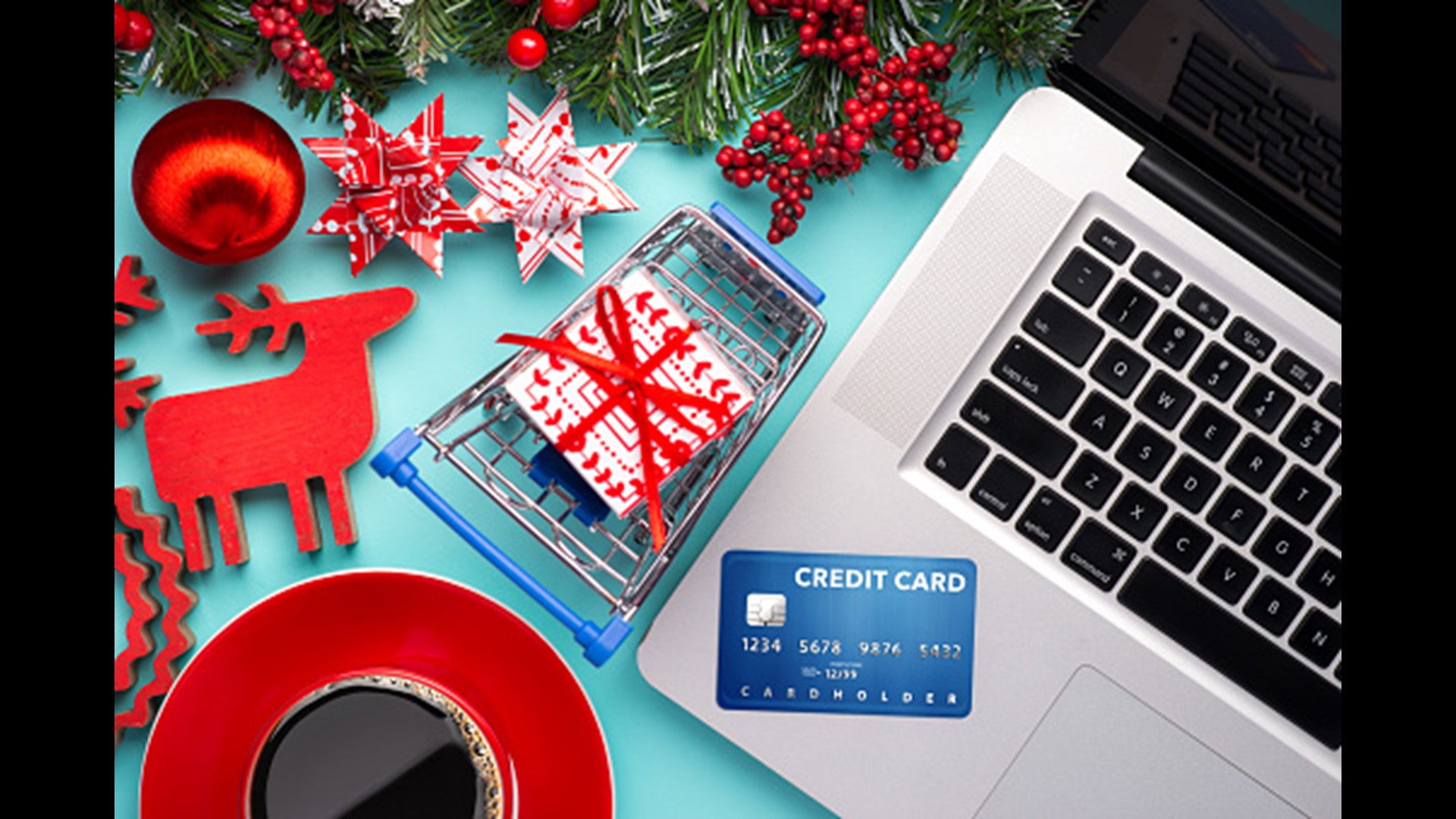WASHINGTON — Tis the season for cheer, eggnog, cozy sweaters and, of course, online shopping!!
According to Statista:
Online retail is projected to reach $207 Billion in 2021 - the largest year ever, 14.4% higher than 2020.
Roughly twice as many consumers will shop online this year for toys, electronics and games, which means twice as many opportunities for Cyber criminals to try and steal your personal information.
So we spoke with Heinan Landa, Founder of Optimal Networks in Rockville, MD to get some safety tips on how to spot unsecure websites and how to protect ourselves while shopping online.
How can consumers keep themselves safe when shopping online?
HL: First make sure you're buying from a real online address. Cybercriminals often capture data through fake shopping websites that either infect you the moment you arrive on them by way of drive-by-downloads, or malicious links.
However, the most dangerous aspect you should be concerned about is the check-out process. Completing the checkout process will give cybercriminals your most important information: Credit card data including security number, name and address. This opens you up to identity theft and credit card fraud.
How do we know if a shopping site is a fake? What should we be on the lookout for?
HL: Here are some dead giveaways that a shopping site is a FAKE:
- Strange URL’s such as “greatonlineshopping.com” or “gooddealsforyou.com”
- An odd selection of products. For instance, the website claims to be specialized in clothes but also sells hardware or toys.
- Broken language and bad grammar indicate it’s not a legitimate company.
- Non-matching email addresses. If the email for customer service is “amazonsupport@gmail.com” instead of “support@amazon.com” then you can bet the shop is fake.
- Prices are too low. If a shop is selling electronics at pennies on the dollar, it’s fake.
- Bad design. A real retailer will have a polished, graphically appealing design that matches their branding.
How can you tell is a website has good security?
HL: Make sure the website has SSL (secure sockets layer) encryption installed.
To know this, the site should start with https:// ... notice the "s" in the header.
Also, notice that there is the lock symbol in the address bar at the top.
---------------------------------------------------------------------------------------------------------
Are there any other basic things consumers should do to stay safe online?
HL: First, just stop and think and pay attention.
- Don't shop on open wi-fi networks. If the connection is open and doesn't use a password, it's not safe for shopping.
- Don’t shop from a crowded hotspot. A densely-packed restaurant with multiple people on the same Wi-Fi network is a prime target for hackers. If shopping in public, use your own cellular network or personal hotspot.
- Update your browser, antivirus protection and operating system. You will want the latest security updates to protect from current threats.
- Monitor your bank account and credit accounts and immediately report suspicious activity. Banks and credit card companies will freeze your accounts and provide credits for unauthorized charges if reported in a timely manner.
- Whenever possible, activate two-factor authentication payment methods.
- Keep confirmation numbers and emails for any online purchases.
- Use antivirus protection on all of your devices.
- Keep your shopping accounts secure with a password manager.
- Don’t reveal more personal information than you have to in order to complete the purchase. A shop doesn’t need your social security number or birthday.
- Do not purchase from spam or phishing emails, don’t reply to them, and don’t click the unsubscribe button or any other links. Just mark the email as spam and delete. See more about "Smishing" here.
- Buy from Apps on a mobile device, rather than from PC. Apps are generally more secure online shopping channels than websites since malicious hackers need to create specific attacks for specific apps.
- Credit cards have some extra-legal defenses built in that make them safer to buy stuff with compared to debit cards.
It's easy to get caught up in the hustle and bustle of Holiday Shopping but just a reminder that thieves are lurking around every digital corner.
If a website or a deal looks too good to be true... it probably is!

